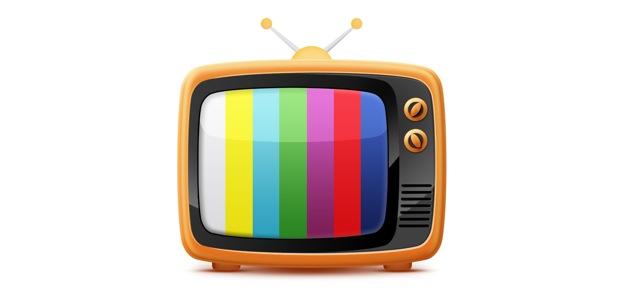 There are hundreds of channels on your cable television, but why can’t you access all these outlets online? It turns out that there’s a somewhat unexpected, more than a little paranoid answer to that question that’s being investigated by the United States Justice Department: Perhaps the cable and satellite companies are illegally interfering with attempts to launch online competition.
There are hundreds of channels on your cable television, but why can’t you access all these outlets online? It turns out that there’s a somewhat unexpected, more than a little paranoid answer to that question that’s being investigated by the United States Justice Department: Perhaps the cable and satellite companies are illegally interfering with attempts to launch online competition.
On the face of it, it’s an idea that seems ridiculous if only for its shamelessness. Surely, you’d think, companies wouldn’t just resort to tactics that sound like something out of a poorly written gangster movie in order to maintain customers (“Nice television network you got here,” you can barely imagine someone from Comcast telling an ABC rep as they gently tease some fragile object towards the edge of a table. “Be a shame if something… happened to it”). And yet, Time Warner Cable CEO Glenn Britt apparently got some important people’s attention when he suggested to analysts at the National Cable & Telecommunications Association show last week that his company had contractually prevented the delivery of content to online pay-TV services.
According to a report that appeared on Bloomberg, Britt stopped short of outright stating it as fact. “We may well have ones that have that prohibition,” he said, adding that his was “not a cookie-cutter kind of business” – a statement that was enough to get the authorities involved.
When approached for comment, a spokeswoman for TWC told Bloomberg that “Exclusivities and windows [for release] are extremely common in the entertainment industry… It’s absurd to suggest that, in today’s highly competitive video marketplace, obtaining some level of exclusivity is anticompetitive.” That’s nowhere close to a denial, if it was meant to be one.
Add that to BTIG analyst Richard Greenfield’s comment from last week that one unnamed carrier had prevented a network to selling to an online distributor. Greenfield demurred over whether such a move was actually illegal but, he said, “it most certainly is bad for consumers, as it limits competition and prevents the emergence of distributors who can provide revolutionary new ways of experiencing [television programming].”
Hence the involvement of the U.S. Department of Justice, looking into whether cable providers interfering with Internet release windows is, as TWC says, simply part of the everyday business of television distribution or something… slightly less legal. If the department finds in favor of the latter option, it could mean a significant change in the breadth and timeliness of programming available online, and only hasten the much-rumored demise of traditional television. No wonder cable providers aren’t excited about the outcome.


